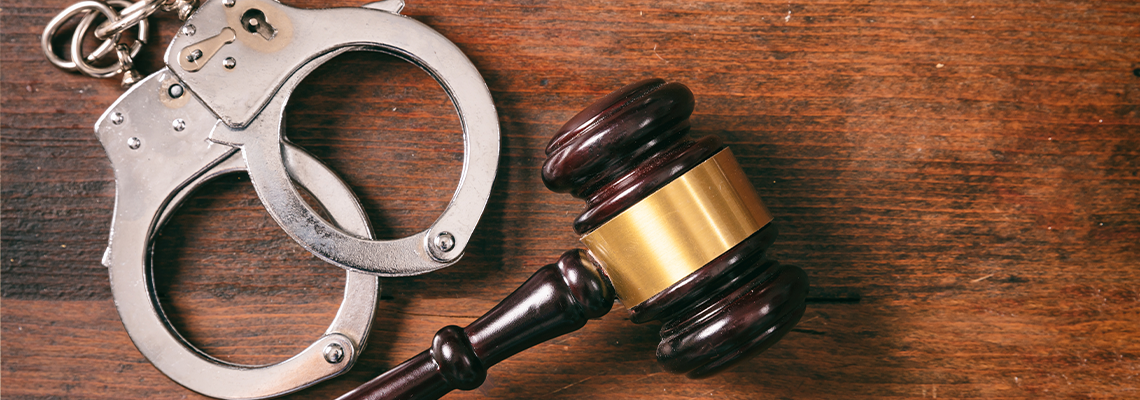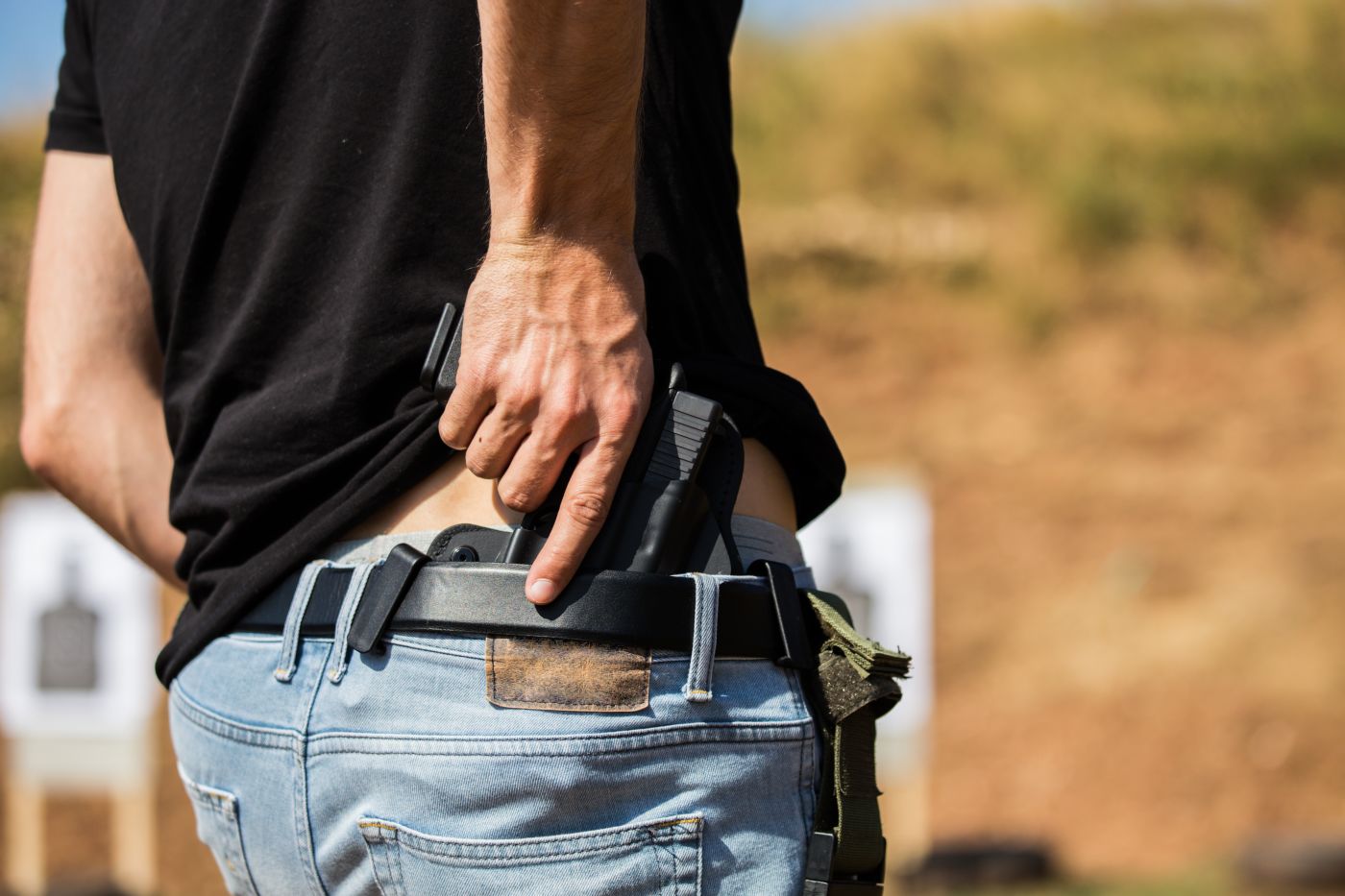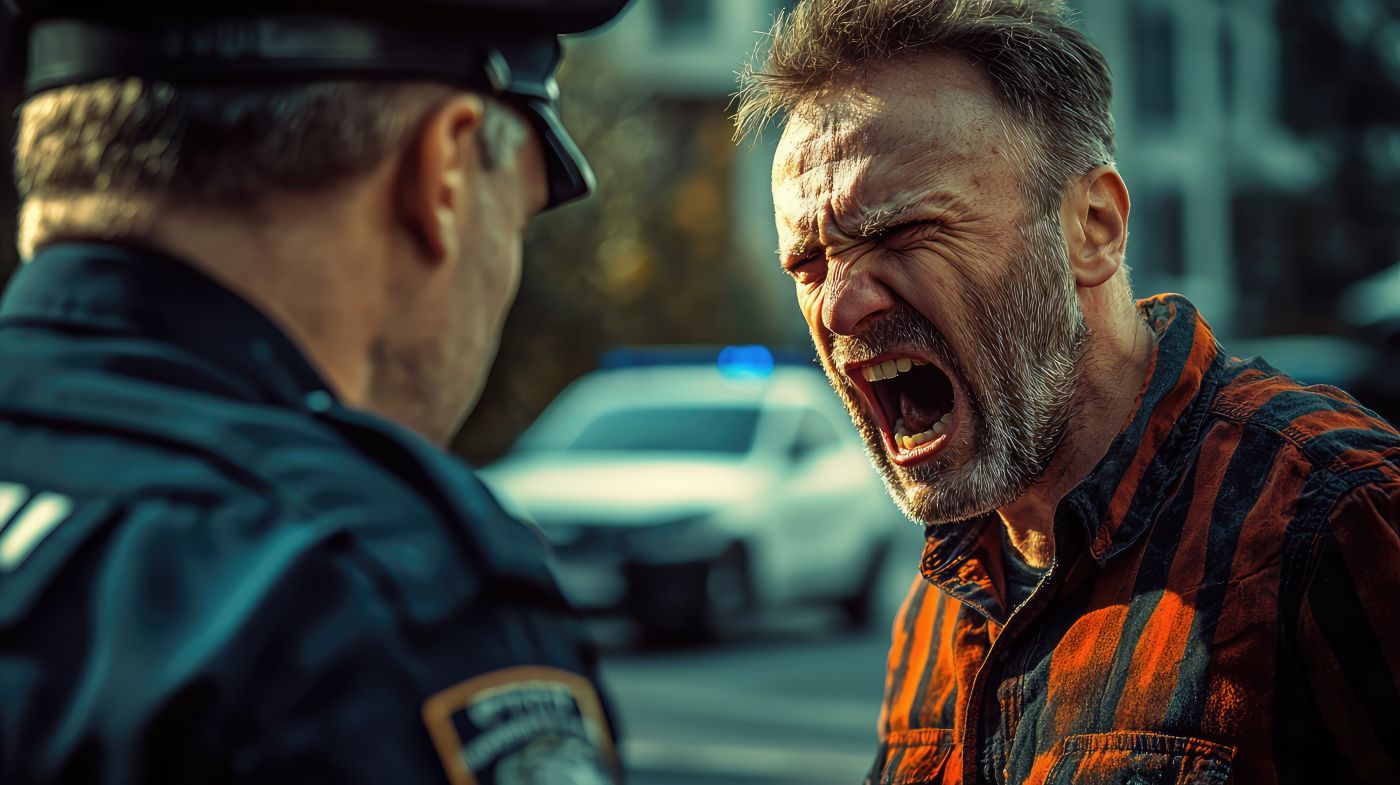
The consequences of a DUI conviction can be severe, including jail time, loss of driving privileges and expensive fines. That’s why you should always consider challenging the results of any breath tests that were conducted if you find yourself facing a DUI charge. The question is, how can you do that?
Question the calibration of the machine that the officer used
Police officers usually use a machine called an Intoxilyzer to test a driver’s blood alcohol content (BAC). In order for the results of the test to be accurate, this machine must be properly calibrated. If you question whether or not the machine was properly calibrated, you may be able to get the results of your breath test thrown out.
Challenge the Officer’s Observations
The officer who conducted your breath test will also make observations about your behavior. They may look for things like whether you were slurring your words or if you had trouble standing up. If you can show that the officer’s observations were inaccurate, it may be possible to get the results of your breath test thrown out. For instance, you may argue that you were slurring your words because you have a speech impediment.
Attack the Credibility of The Officer
If you can show that the officer who conducted your breath test is not credible, you may be able to get the results of the test thrown out. For instance, you may point to evidence that the officer has a history of misconduct.
Argue that The Office Did Not Have Probable Cause to Administer the Test
The police officer must have a reason to believe that you were DUI before they can administer a breath test. If you can show that the officer did not have probable cause, you may be able to get the results of your breath test thrown out. For instance, you may argue that the officer only administered the test because you are a member of a protected class.
While challenging the results of a breath test is not always easy, it may be possible to do if you have the right evidence. Just remember to consider all of your options before making any decisions to make sure that you are taking the best possible course of action for your case.



